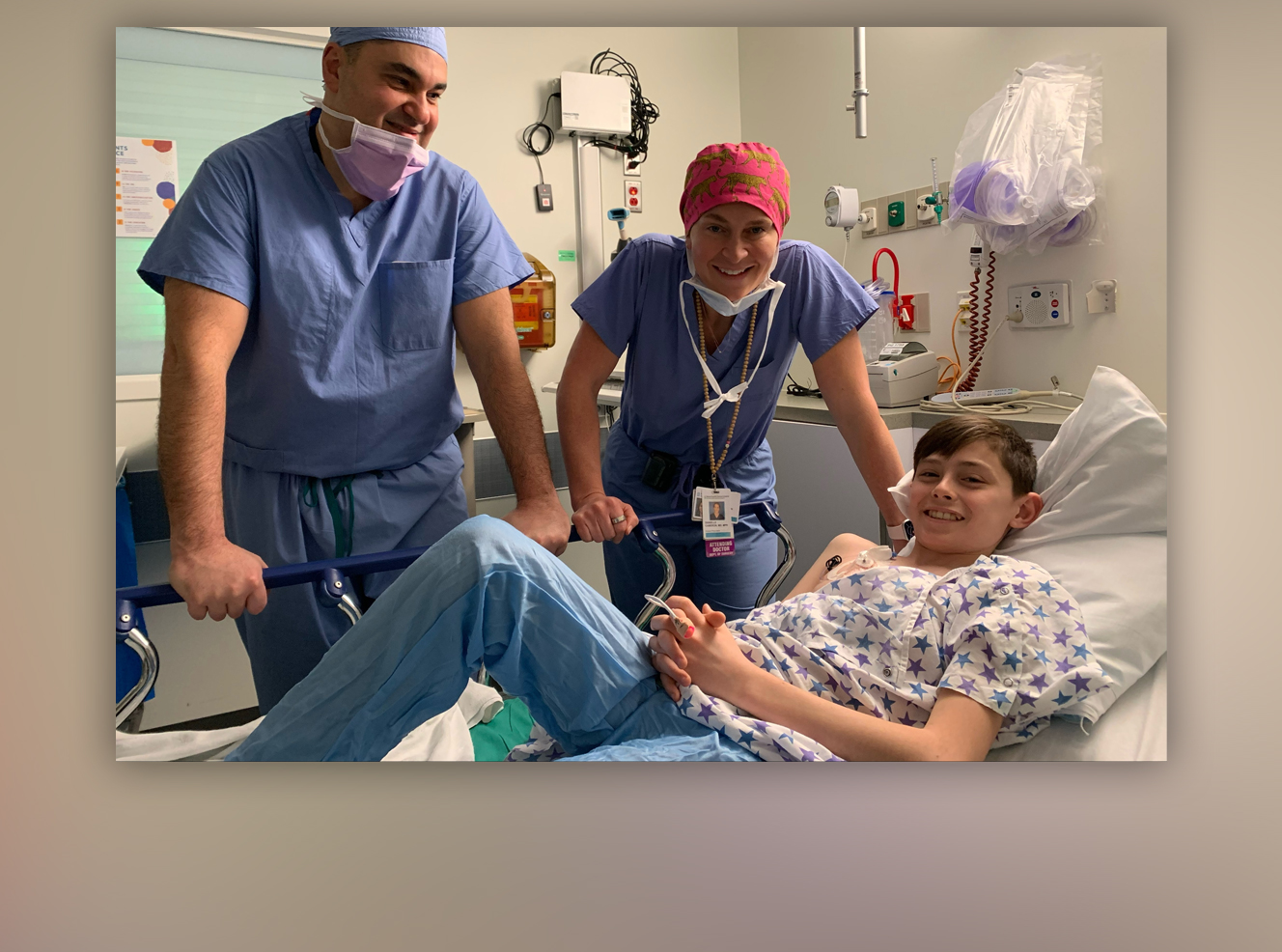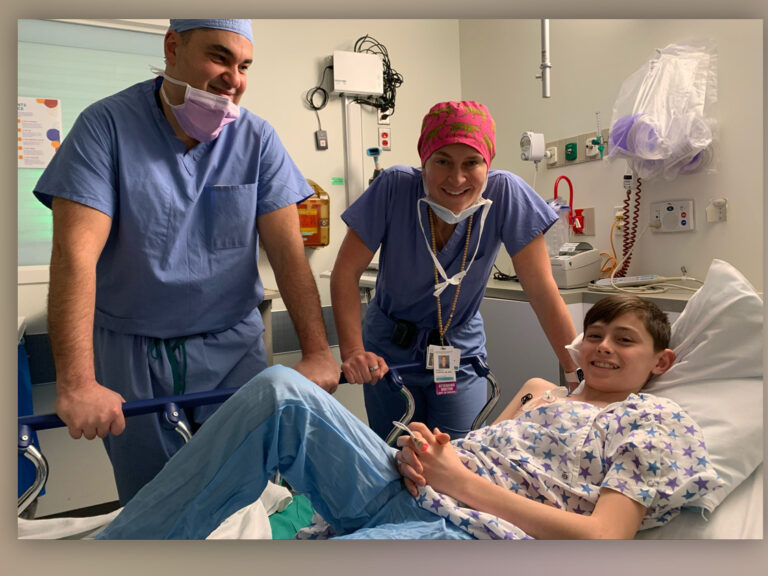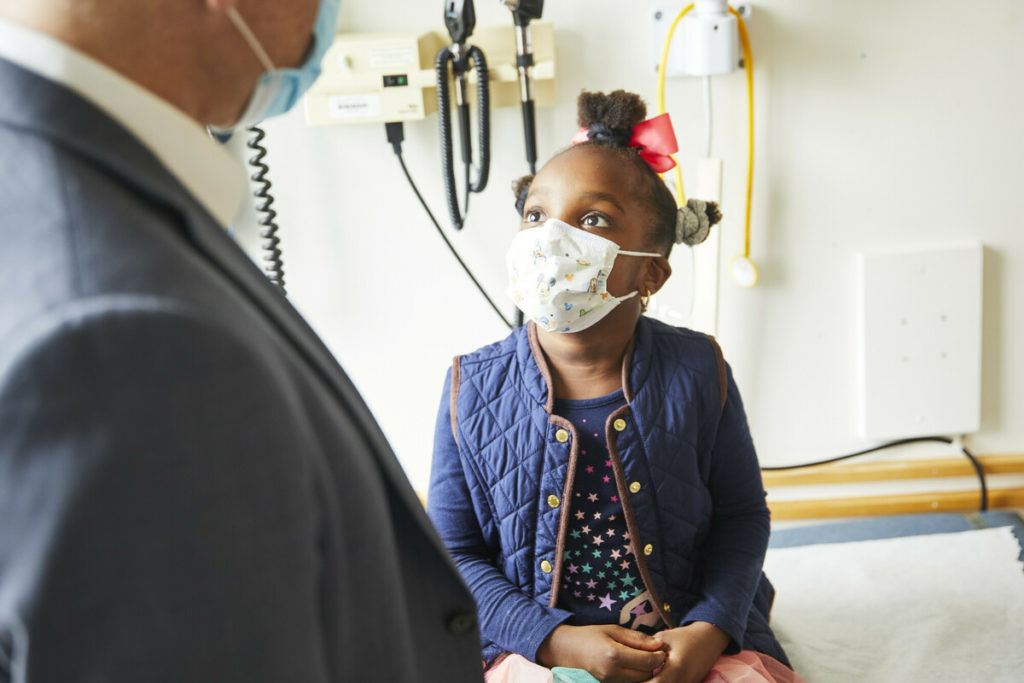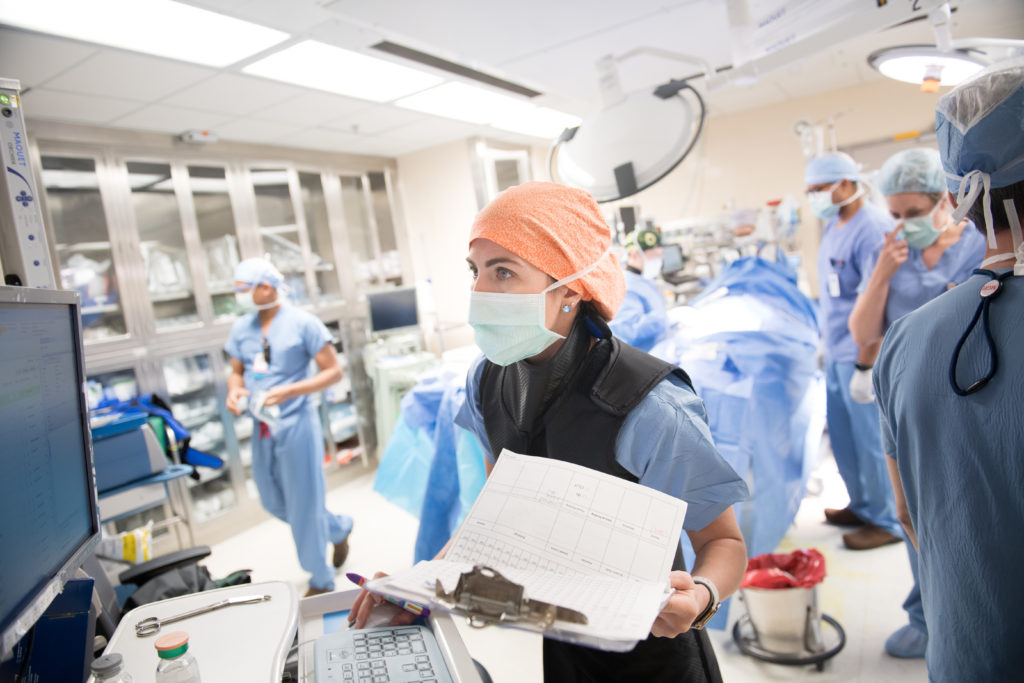What do you enjoy most about your work as a pediatric surgeon?
I’ve always been inspired by taking care of young patients because of their resilience. It’s amazing to see how they can tolerate big operations and have a relatively quick recovery. Our goal is to stabilize them, help them recover and go on to live a full and normal life. It’s a privilege to take care of someone else’s child and be trusted with that responsibility. I try my best to learn about patients and families, help them navigate this stressful situation and provide reassurance wherever possible.
What inspired you to get involved with Massachusetts General Hospital’s Adolescent and Young Adult (AYA) Cancer Program?
Adolescent and young adult patients, who we categorize as between 15 and 39 years old, are thought of as a vulnerable cohort across all cancer types. Overall, their survival rate is worse than both younger and older patients because of a variety of factors — access to care, important life transition points during this period and access to clinical trials. There are likely tumor biology factors in play that we’re still learning about. There is a rising incidence of gastrointestinal cancers in younger people, and we’re seeing more and more rare solid tumors in teenagers that typically occur in older patients.
The staggering differences in outcomes for this population are hard to understand in patients who are otherwise healthy. We have a real opportunity at Mass General Brigham to improve care team models and access for patients with rare solid tumors. Through collaboration with colleagues in the adult surgical oncology world, we can provide pediatric and adult surgical expertise, which are both relevant in the care of these vulnerable patients.
“The importance of taking care of the whole person and the complexity of the issues relevant to the AYA population is something that I feel passionate about. The ability to help a young patient — and help a family, as a result — is incredibly rewarding.”
What goes into the AYA Program?
In the cancer care model, we always talk about multidisciplinary teams. The AYA population benefits from a truly multidisciplinary team that extends beyond traditional branches of medicine. Providers like Annah Abrams, MD, and Giselle Perez-Lougee, PhD, who both lead the AYA Cancer program, have dedicated expertise in psychosocial support. As a team, we work closely with psychologists, onco-fertility specialists, and social workers, providing counseling for parents, caregivers, partners and siblings who are all dramatically affected by a young patient’s cancer diagnosis.
Our ability to take care of adolescents and young adults at Mass General is unique because we can bring together pediatric and adult clinicians and prevent patients from falling into the gap between the pediatric and adult worlds. We can also transition their care as they age and face longer-term risk factors. The patients get a dedicated team at Mass General with high-volume, tumor specific expertise and corresponding awareness of age-specific considerations for treatment management and long-term surveillance.
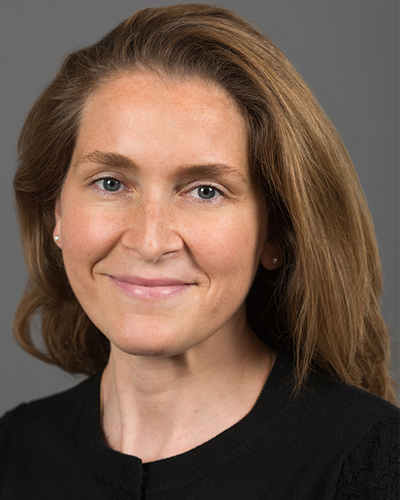
What research are you pursuing in this field?
We’re interested in tumor biobanking to gain a better understanding of the biology of these rare solid pediatric tumors. By comparing those tumors to the samples in our adult tumor biobank, we can compare differences that may exist between young patients and their older counterparts.
I’m also interested in the long-term outcomes of survivors of pediatric cancer. We know that patients who are survivors of pediatric cancer have long-term health comorbidities, and that they’re at risk for psychosocial distress. Understanding the early interventions and long-term surveillance strategies that can mitigate that risk enhances care. It’s especially relevant for pediatric patients who have their whole lives ahead of them. There are complex health problems that can result from their cancer treatment, and it’s important to realize the effects of the care we deliver.
What drives you?
The innocence of a sick child is something everyone can empathize with. I’m a mother and have a deep appreciated for the responsibility a parent hands to their physicians and other caregivers. The importance of taking care of the whole person and the complexity of the issues relevant to the AYA population is something that I feel passionate about. The ability to help a young patient — and help a family, as a result — is incredibly rewarding.
To learn more about the Adolescent and Young Adult (AYA) Cancer Program, click here. You can also read our recent story about Grace Taylor, a patient who received support through AYA, by clicking here.
